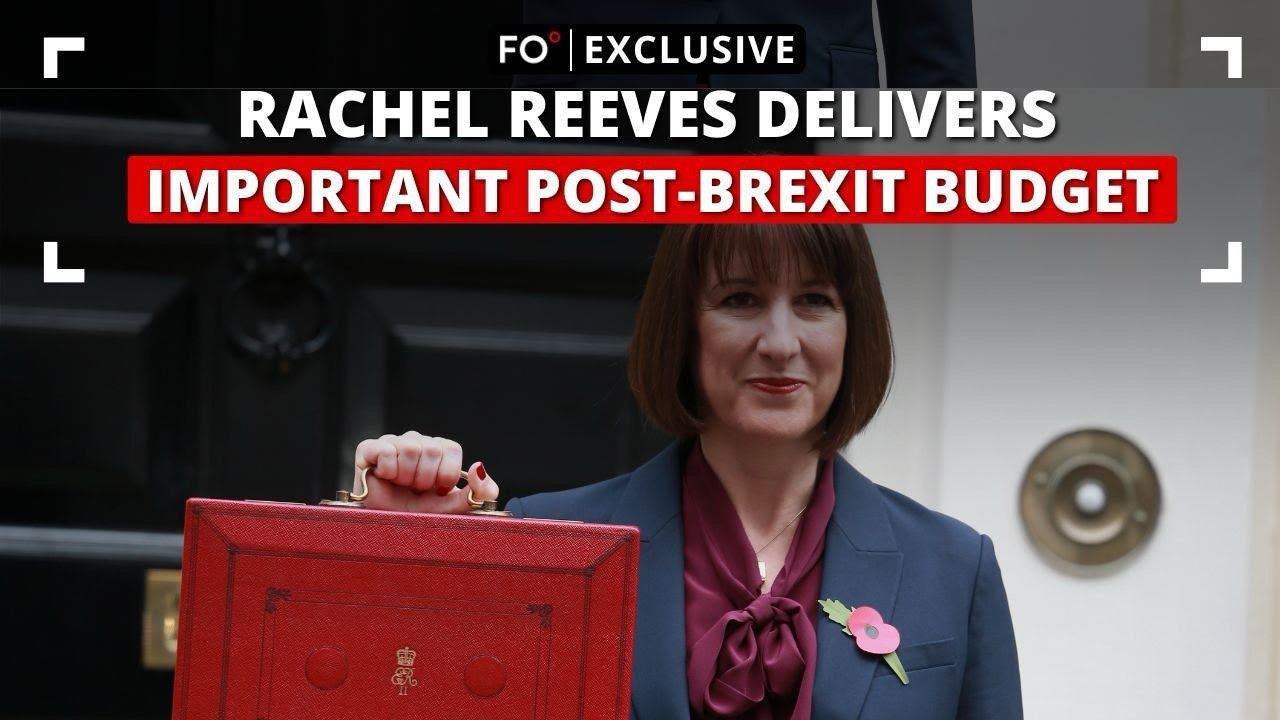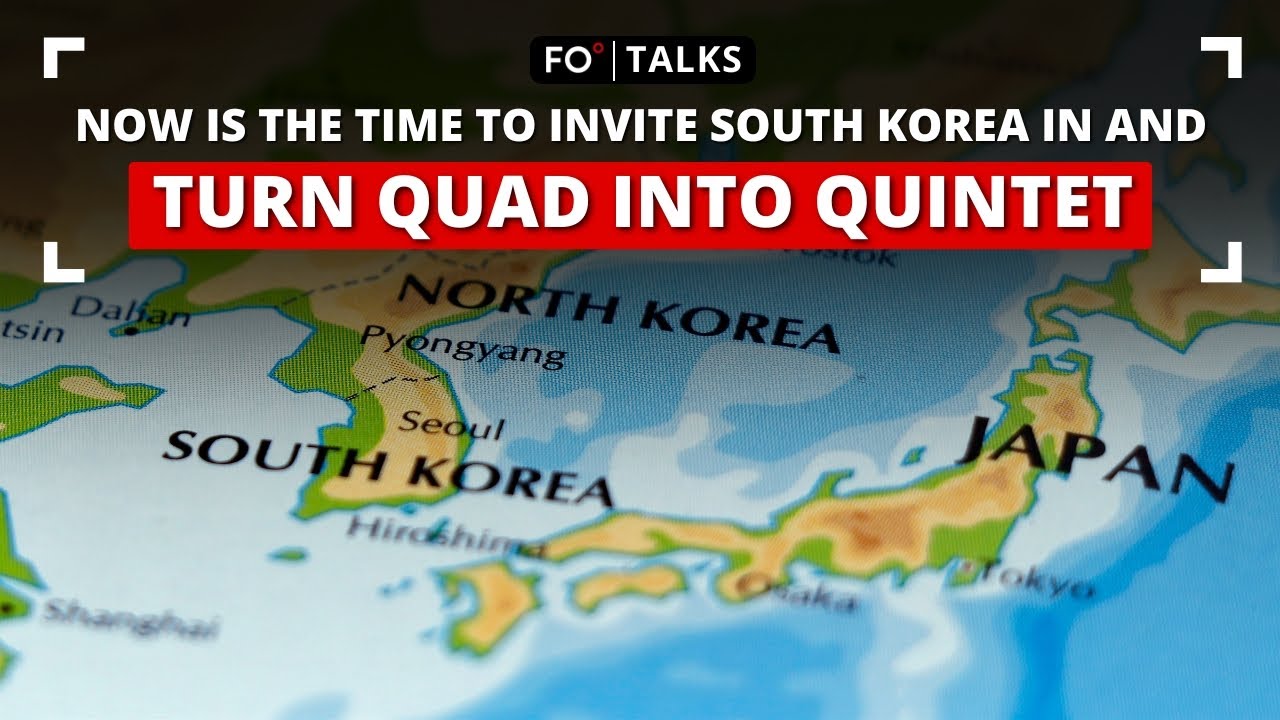The Middle Kingdom is in serious economic trouble. Deflation is setting in. In November, China clocked a 0.5% year-on-year decrease in consumer prices. This was the greatest drop in three years, including the height of the COVID-19 pandemic. Producer prices, the prices at which factories sell their goods to other companies, are down a worrying 3% and have been in negative territory for a year.
Deflation is worse now than it was during China’s COVID slump. From 2020 to 2022, Chinese President Xi Jinping attempted to stop the spread of the virus by instituting extreme lockdown measures across the country, which became known as his infamous zero-COVID Policy. Predictably, this brought the Chinese economy to a standstill. Following nationwide protests in November 2022, Xi lifted the policy. Yet, a year later, consumer demand has not rebounded. China is still stuck in the doldrums. Beijing policymakers have set a growth target of 5%, the lowest in decades. Even then, Chinese bureaucrats, notorious for cooking the books, cannot meet this low target.
China is in a very risky situation. Systemic weaknesses make the world’s second-largest economy surprisingly brittle. Unlike Europe or even the US, supposedly socialist China has almost no safety net for retirees. And, after four decades of the one-child policy, older Chinese cannot fall back on their few children to support them, either. They have to rely on their personal savings in order to survive.
In Western economies, people put their retirement funds in a mix of stocks and bonds. These provide a diversified and (usually) reliable return. But China’s financial sector is not nearly as sophisticated. The country lacks a well-developed stock market for private investors to invest. So, 60-70% of household savings are tied up in real estate. And it is the real estate industry that is in the most trouble.
Property prices are plummeting. Developers are finding themselves with properties on their hands that no one will lease or buy. Chinese cities are full of apartment and office buildings with no occupants. Developers cannot make the money back on their investments and therefore cannot pay back their creditors. In 2021, China’s second-largest property developer Evergrande Group defaulted. In 2023, China’s largest developer Country Garden defaulted, too. Dozens of other firms are teetering on the brink of collapse. If the real estate industry crashes, China’s population of over 250 million people over 60 will see their savings vanish into thin air.
Banks are in trouble, too. As real estate firms default on the debt they owe, their creditors, i.e. banks, have to write off huge losses. Defaults by these firms could make the banks insolvent as well. If this contagion spreads throughout the Chinese banking system, the workshop of the world may descend into a recession of titanic proportions.
Xi is taking the ship down
How did China’s economy get so bad?
Zero-COVID took a huge bite. But other forces are afoot. The US is turning increasingly protectionist, unwilling to have its domestic industry compete with China’s low, low prices. As China undergoes deflation, those prices will only get lower and calls for protection stronger. Both Presidents Donald Trump and Joe Biden hiked tariffs and sanctions on China.
Historically, protectionism has done wonders for the US. In the 19th century, the US used tariffs to protect its markets from cheap manufactured goods coming out of Britain’s Industrial Revolution. Instead of becoming a source of raw materials and a market for British goods, the US fostered its own industrial revolution that made it the most prosperous country on the planet. Now, the US is developing a domestic microprocessor industry and no longer wants to rely on imports.
Other countries, too, have cut down on imports from China. “Reshoring,” “nearshoring” and “friendshoring” are the words of the day. Democracies would rather buy from each other than rely on an authoritarian China that uses economic leverage against them. This means the money that used to pay Chinese labor is now going to Mexicans, Indians and Poles.
While overseas changes are a big factor, the fundamental causes of China’s slowdown are internal. For one thing, China is following a pattern that all growing economies go through. Thanks to the biggest and fastest industrialization in history, China made huge profits selling goods at prices that developed countries, with much higher wages and costs, couldn’t match. Now, China’s population is wealthier and demands higher wages. This means that China has trouble competing with other developing nations, such as Vietnam and Bangladesh. Both can underprice China. In transitioning to more profitable high-tech goods, China faces stiff competition from developed economies like the US, Germany and South Korea. China is now very firmly stuck in the “middle income trap” and there is no easy way out of it.
China is also facing other unique problems. Typically, a nation first becomes wealthy, and then its wealthier citizens have fewer children. But China is facing a demographic bust caused by its now-abandoned one-child policy. The Chinese have gotten old before they’ve gotten rich. With fewer young workers, China needs to squeeze more productivity out of each worker to keep growing. Meanwhile, they are increasingly burdened with supporting their elders. That is an impossible task.
A pragmatic administration could make the transition less painful. “Demography is destiny,” goes the adage there is likely no stopping China’s relative economic decline. However, this decline does not have to turn into a crash. Unfortunately, China is no longer ruled by a pragmatis like the legendary Deng Xiaoping but by an ideological Xi.
Like Mao Zedong, Communist China’s founder and dictator, Xi has tightened state control over all aspects of Chinese life. This includes the economy, reversing Deng’s measures. Xi’s father, Xi Zhongxun, was one of Mao’s confidants. Zhongxun later fell victim to Mao’s purges and was thrown in prison. Instead of souring on Mao, Xi seems to have doubled down on Maoism, striving to be even more faithful to this ideology than his father.
Every company has a member of the Chinese Communist Party (CCP) on its board as an “observer.” This has a chilling effect at every level. Entrepreneurs now have to keep their heads down, fearing retaliation if they question the party line. They risk getting their stocks delisted from exchanges and even disappear. The Alibaba CEO Jack Ma vanished for a bit after criticizing the CCP. Such a climate of fear hamstrings business leaders’ ability to give feedback to the government and warn them of potential problems.
Poor communication and misallocation of resources now characterize the Chinese economy. In a market economy like the US, nine million financial service employees are at work ensuring that capital is allocated to productive projects and not spent on wasteful ones. But China has an undeveloped financial sector. Instead of banks, investment firms and entrepreneurs decide where to invest. Behind the scenes, party capos in each province call the shots. They’re incentivized to boost numbers artificially to meet the central government’s growth targets. This creates system-wide misallocations of capital. Wanting to impress the bosses in Beijing, regional governors have massively over-invested in real estate, building shiny new cities with no one to work in them.
On top of this, the Chinese government has discouraged domestic consumption. With falling foreign demand, China could have turned to domestic demand to drive growth. But instead, it has instead encouraged households to save. Xi has resisted calls for boosting domestic consumption, perhaps for ideological reasons. He may simply see consumption as decadent and capitalist. Xi could still correct his course but he seems disinclined to do so.
In this way, Xi resembles the celebrated English writer Samuel Johnson. This towering literary genius composed the first English dictionary and had a great appetite for life. As he lay dying in 1784, he wanted bloodletting treatment, which was then prevailing medical wisdom. His doctors prudently refused. But Johnson snatched a knife from them, stabbing himself as he cried, “I want life, I want life.” Like the great Englishman, Xi is trying to save the economy even as he stabs it incessantly.
China’s economic problems are deep but not insurmountable. Here, the great man theory of history becomes relevant. If someone like Deng had won the struggle for power in the 2010s, things could have been very different. Instead, China has got another Mao at the helm and is heading over a cliff.
What does this mean for the rest of us?
If China goes down, it’ll take a lot of other economies along with it. Too many economies import from the Middle Kingdom and too many export to it. Even without a crash, China’s current deflation will cause damage. It is bad news for Germany and France who will suffer from lower Chinese demand.
Unlike the UK, which makes a lot of money through financial services, Germany is a manufacturing-based economy. The country’s second-largest company is Siemens, which makes machines for manufacturers. As the workshop of the world, China buys a lot of these machines. Fair Observer’s Editor-in-Chief Atul Singh learned this first-hand when he first visited China in 2005. He found Chinese hotels to be full of Germans selling their wares to factory owners.
In a nutshell, Germany is dependent on the Chinese market. When China sneezes, Germany catches a cold.It is for this reason German Chancellor Olaf Scholz flew all the way to Beijing and returned without even spending the night thanks to Xi’s ridiculously rigid zero-COVID policy. This trip made plain what everyone knew: German prosperity is highly dependent on Chinese demand.
Related Reading
The French depend on China too. They sell luxury goods to China’s growing bourgeoisie. Young Chinese have embraced both Christianity and Christian Dior with equal fervor. With the Chinese feeling less wealthy, Christian Dior will not be able to sell them as many perfumes and bags as before. Luxury goods are the first consumption item to be axed in a recession.
Unlike Europe, the US relies less on exports and makes goods mostly for domestic demand. Still some companies will feel the pinch. A slowing Chinese economy means Boeing will sell fewer planes in China.
To respond to falling demand, China might respond with another stimulus. This time, it may not work as well. A slowdown might lead to China dumping even more goods on the global market at rock-bottom prices. Don’t be surprised to see other nations raise anti-dumping duties in response.
The slowdown is causing a cash crunch for China. Now, Beijing will curb spending on its Belt and Road Initiative and other ambitious projects from Latin America to Africa to Asia. These economies will feel the pain as Chinese capital dries up even as exports to China go down as well.
For now, China is continuing its astounding development into a great power despite all of its problems. But it is now more brittle both as an economy and as a political system. The CCP has neither democratic nor ideological legitimacy. The CCP’s claim to legitimacy rests on its ability to deliver growth. With the economy slowing, the Xi-led CCP increasingly relies on nationalism to command blind obedience. This has made China aggressive on its borders and the adjoining seas. Beijing has exacerbated historical grudges with Taiwan, Japan, India and the nations of Southeast Asia. The CCP has also stepped up military parades, a common tactic of fascists and communists. Only the North Koreans rival the Chinese in their love of tank-filled parades and goose-stepping soldiers.
So, China will be both defensive and aggressive at the same time for the foreseeable future. The risk of conflict is now greater everywhere. All it takes is one radicalized young officer with an itchy trigger finger to start a war in the Himalayas. After all, the Chinese, remember that Indian troops under Lord Elgin’s command destroyed the Old Summer Palace in Beijing.
Nationalism is the last refuge of the scoundrel. As it rears its ugly head in East Asia, there is little in the way of good news to end this piece. The future looks bleak.
[Anton Schauble wrote the first draft of this piece.]
The views expressed in this article/video are the author’s own and do not necessarily reflect Fair Observer’s editorial policy.

































Comment